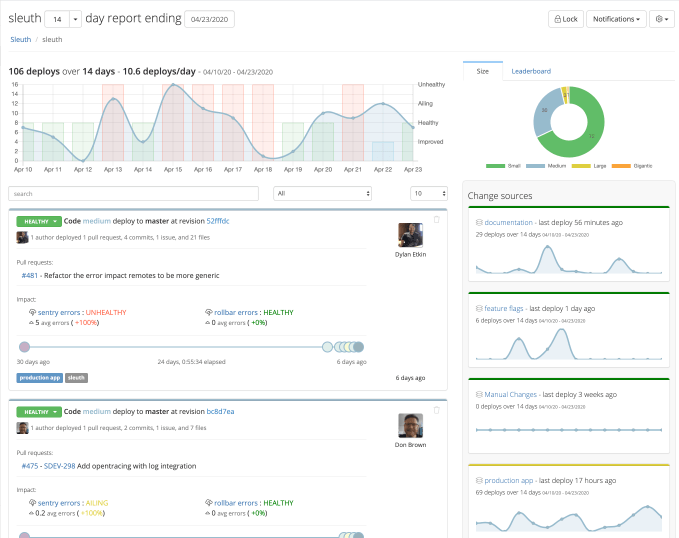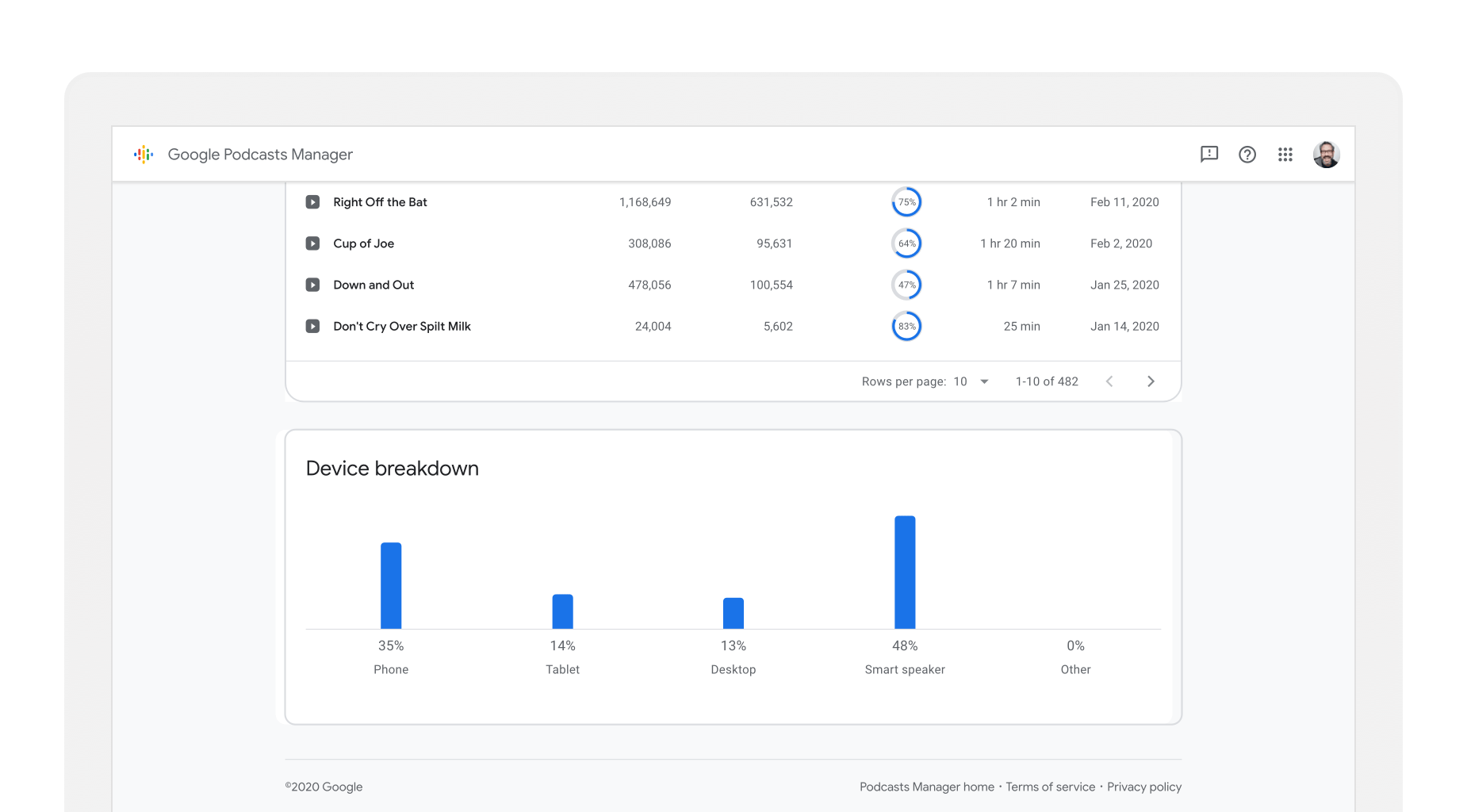Treasury Prime, a startup that built software tooling to help banks automate and accelerate routine tasks, announced today that it has closed a $9 million Series A. The new capital was sourced from Amias Gerety of QED, Jason Lemkin of SaaStr, and Hans Morris of NYCA Partners.
The capital event is yet another funding round for an API -focused startup. Earlier this week, Daily.co raised $4.6 million for its video-calling API business. Both Daily.co and Treasury Prime announced new venture rounds after fintech API shop Plaid exited to Visa for billions.
Building the connective software tissue that industries need is a valuable business. Twilio is another example of the concept’s success. But what Treasury Prime is building is neat in its own right, and not merely as part of a trend that TechCrunch is watching. So let’s dig into its business.
Suits, backrooms and manual processes
TechCrunch caught up with Treasury Prime CEO Chris Dean in advance of its announcement to better understand what his company does. Condensing sharply, the startup helps banks move some of their business processes out of Victorian-era, while also allowing fintech shops to more easily plug into banks than before.
It accomplishes that with an API that allows banks to convert manual tasks into software-speed results. Dean walked TechCrunch through the modern process for opening a commercial account at a bank. The only word that came to mind during the description was byzantine. Treasury Prime wants to take processes that could require days of work and get it done in minutes.
Dean previously sold a company to Silicon Valley Bank (SVB), where he started the work that would become Treasury Prime. After working to build internal tech to accelerate SVB’s internal processes, he eventually left and built a startup off the idea. Now Treasury Prime is getting banks onto its tech, saving them time and boosting margins where human inputs can be limited.
This does more than simply allow banks to move more quickly. By cutting the costs of select banking tasks, the cohort of customers that are economically attractive grows; smaller accounts may become more viable at a bank if it can open and service that customer for a lower cost. This means that banks may be able to attract more total deposits, allowing them to loan more capital and earn more interest differential.
Even more, fintech companies can communicate with banks more easily if they both plug into Treasury Prime’s APIs. So a bank that uses the startup’s tech may be able to do more business with fintech and finservices companies big and small, possibly boosting deposits or other key banking results.
Economics
Why are API-powered startups raising capital, and why have they generated some huge exits? Economics, at least in part.
Twilio, a provider of telephony APIs that allow companies to execute calls, SMS and the like, reported adjusted gross margins of 57% in 2019, up from 54% in 2018. SaaS-like? Not exactly, but healthy and improving.
Daily.co, the other API-focused startup that raised capital this week, told TechCrunch that its has a number of levers it can pull to improve its own gross margins, but that they are already attractive.
We bring all that up because it’s possible that Treasury Prime will have better gross margins than our two examples; banking API calls cost more per call, according to Dean, though they operate at a slower pace. Still, charging more for less “work” implies a lower cost of revenue-to-revenue ratio—ergo, better gross margins
And as Twilio is trading at a price/sales ratio of 12 today (per YCharts data), Treasury Prime can expect to be valued at a SaaS multiple as well. Even better, Treasury Prime was profitable in January, and it now has years of runway in the bank.
What’s ahead
Treasury Prime has 13 employees today, which Dean told TechCrunch includes 10 engineers if you count him as one (CEOs don’t usually get too much time to code). You can tell from those figures what company needs: a go-to-market (GTM) team.
According to Dean, that’s what it’s going to hire. The startup wants to make more noise, so it intends to hire a marketing team and build out a sales team, doubling its headcount in 2020. Treasury Prime’s revenue grew 40% in April the company told TechCrunch. If it can build a more mature GTM motion, perhaps the startup can keep up that pace for a while yet.
Looking ahead, Treasury Prime expects its revenue to roughly halve between fintech players and banks, though with more total clients on the fintech side. It now has all the money it could need to go and land those customers. Let’s see how fast it can grow.




